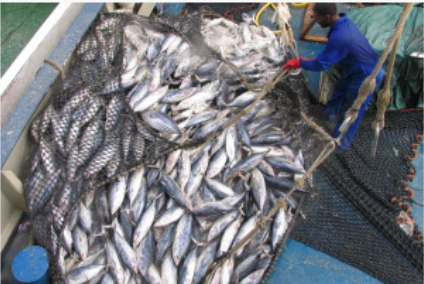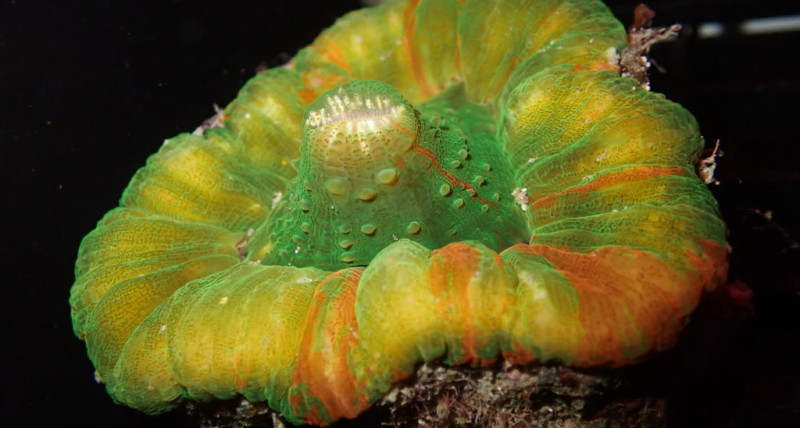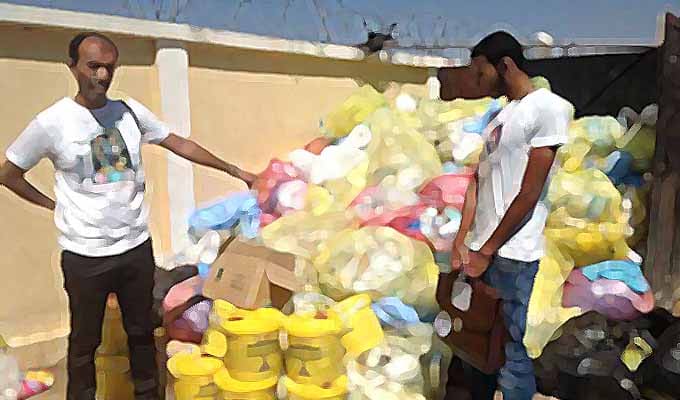
Mr. Ferrari explained that rising temperatures have affected tuna fishing as purse seiners target fish close to the sea surface. (Joe Laurence)
As Seychelles continues to suffer the impacts of climate change, most of the fishing sector is feeling the effects, with the exception of artisanal fishing, which continues to see an increase in the quantity of fish caught.
The Minister for Fisheries and the Blue Economy, Jean-François Ferrari, made the statement in the National Assembly, in response to a question from Waven William, elected member of the National Assembly for the Grand Anse Mahé district, west of Mahé.
Mr. Ferrari said that the continuing rise in ocean temperature and the effects of El Nino and La Nina are creating an imbalance in the ecosystem.
He added that phenomena such as El Niño and La Niña have had huge impacts on sea temperature and the movement of ocean currents, which could have affected the distribution of pelagic fish in the Indian Ocean.
“In 1998, El Niño had a huge impact on our fishing sector, even forcing our seiners to seek fishing elsewhere,” he added.
Mr. Ferrari explained that rising temperatures have affected tuna fishing, and as purse seiners target fish close to the surface, with rising temperatures they have had to move elsewhere, where the temperature is cooler.
“Last year, these vessels experienced a drop in tuna catches in the Indian Ocean region. This fell by 10%, from 403,000 tonnes to 373,000 tonnes. In Seychelles waters, the drop was even greater, from 113,566 tonnes to 69,000 tonnes, which represents a decrease of around 40 percent,” he shared.
“As a result, this has an impact on our marine resources and also poses a threat to the livelihoods of our fishermen and the people who depend on these resources,” he explained.
Fishing is the second largest contributor to the economy of the Seychelles, an archipelago in the western Indian Ocean.
However, he pointed out that studies carried out on the local fishing sector show that artisanal fishermen have maintained and even increased their catches over the past 20 years.
“These are mainly fish traps, and scientists from the SFA (Seychelles Fishing Authority) explained that this is because many coral reefs affected by bleaching have changed state to one dominated by micro-algae, which favors herbivores. These are the ones that are mainly caught using traps,” said Mr. Ferrari.
He added that recent information shows that fish caught in this type of fishery has risen from around 2,500 tonnes in 2016 to 5,700 tonnes in 2023.
Source: SeychellesNewsAgency



